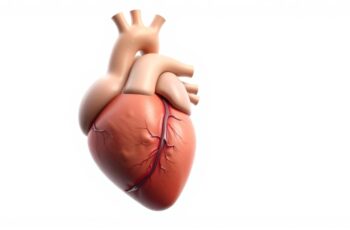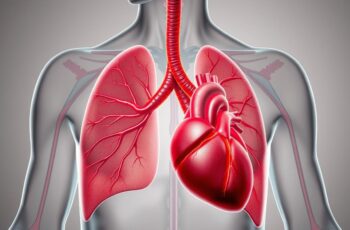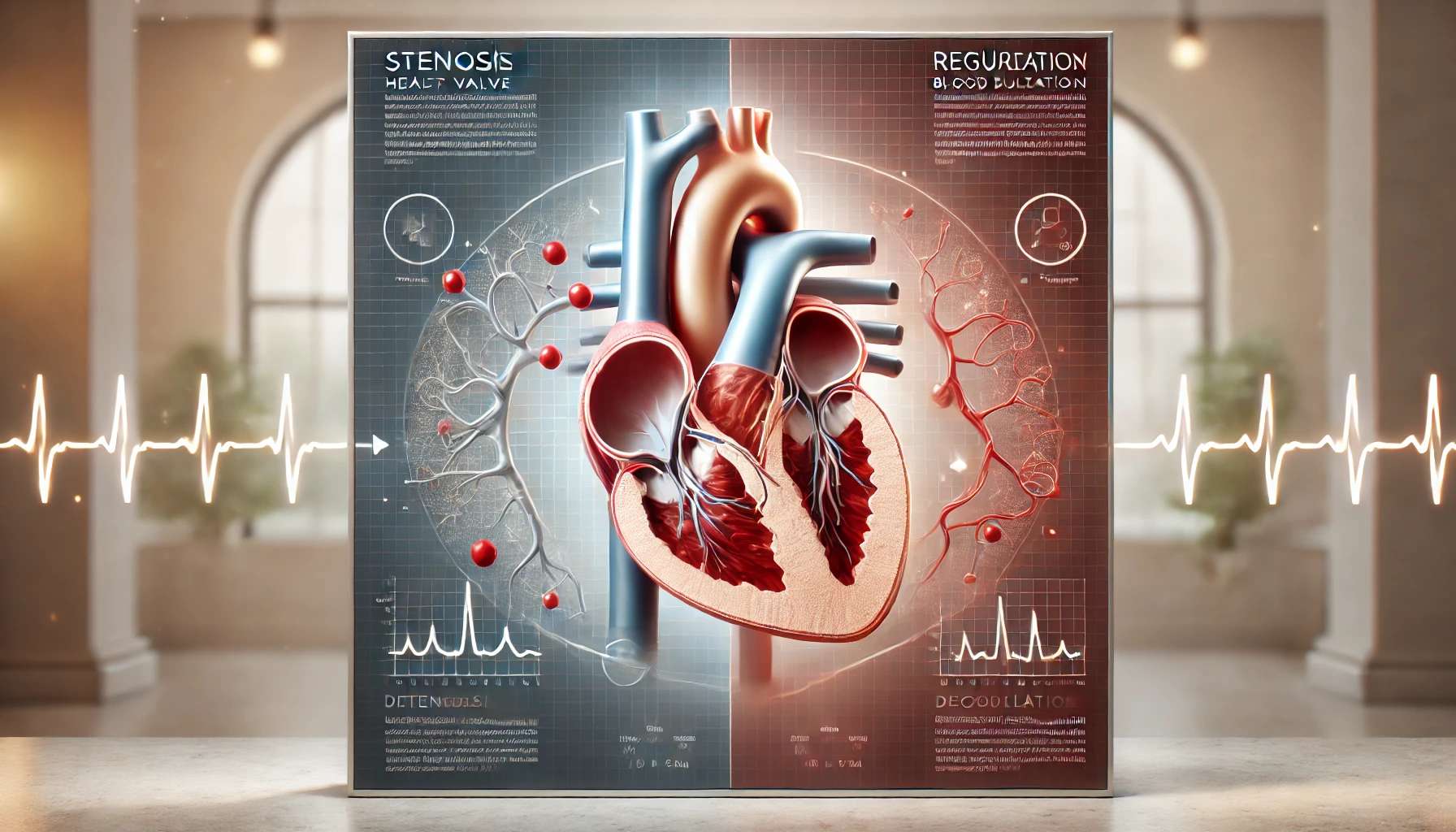Ad Blocker Detected
Our website is made possible by displaying online advertisements to our visitors. Please consider supporting us by disabling your ad blocker.
The human heart—a persistent and unyielding marvel—works tirelessly, a metronome in a symphony of life. It orchestrates the flow of blood, nutrients, and oxygen with rhythmic grace. But even maestros falter. Sometimes, the steady beat of life stumbles, and we get arrhythmias—an enigmatic condition where heartbeats dance out of sync. They can race too fast, lag too slow, or scatter in chaotic patterns. Grasping the essence of these irregularities isn’t just about science; it’s about life itself. This deep dive will explore what makes arrhythmias tick (or skip), their warning signs, lurking dangers, and ways to tame or avoid them altogether.
Arrhythmias: A Glitch in the Heart’s Symphony
Ever wonder what keeps your heart in rhythm? It’s an intricate relay race of electrical signals, with the sinoatrial node—the heart’s pacemaker—leading the charge. But what happens when this conductor goes rogue? Arrhythmias. These come in flavours as varied as a box of assorted chocolates, each with its unique quirks:
- Tachycardia: Picture a hamster on a wheel—your heart races past 100 beats per minute, often leaving you breathless.
- Bradycardia: The opposite—a lethargic, snail-paced rhythm below 60 beats per minute. Feels almost like a clock winding down.
- Atrial Fibrillation (AFib): Imagine a storm in the heart’s atria, with electrical chaos whipping through and making beats sporadic, unpredictable.
- Ventricular Tachycardia: The heart’s lower chambers (ventricles) turn frantic—like a car stuck on overdrive. This isn’t just risky; it’s deadly if left unchecked.
Ventricular Fibrillation: Total bedlam. The heart’s pumping action becomes so disorganized it stops moving blood. Without intervention? Life hangs by a thread.
The Warning Signs—Subtle to Screaming
Not every arrhythmia announces itself like a siren—some are stealthy, lurking in silence. Others, however, crash into your awareness:
- A fluttering chest that feels like sparrows trapped inside—palpitations.
- Crushing fatigue that sleep doesn’t shake.
- Shortness of breath that sneaks up while climbing stairs—or sometimes even sitting still.
- Dizzy spells, lightheaded moments, or fainting fits.
- Chest tightness that feels like an unseen weight pressing down.
Oddly, not all symptoms scream “arrhythmia!” You might brush them off as stress or ageing. But if these sensations become your daily soundtrack, consult a doctor. Early diagnosis can be the lifeline.
Why Me? Exploring the Risk Factors
Arrhythmias don’t just pop up for no reason—they thrive in the cracks of your lifestyle and health history. A few culprits:
- Age: The older you get, the more likely your heart’s wiring frays.
- Heart conditions: Past heart attacks, clogged arteries, or structural abnormalities lay the groundwork.
- High blood pressure: Like a heavyweight champion, it pounds on your heart until it buckles.
- Diabetes: Think of it as a double agent—damaging both blood vessels and nerves.
- Lifestyle choices: Smoking, binge drinking, endless espressos—all red flags. Even stress (that ever-present modern menace) can trigger episodes.
Oh, and genetics? Some of us are just wired for trouble—thanks, family tree.
Battling the Beast: Arrhythmias Treatment Options
Fighting arrhythmias is like fixing a watch; it depends on what’s broken. Some fixes are simple; others, are surgical. Here’s the rundown:
- Medications: Pills that slow things down, speed them up, or steady the rhythm.
- Cardioversion: A literal “reset button” for your heart—via controlled electrical shock.
- Ablation: Precision work—zapping rogue cells causing the mayhem with heat or cold.
- Pacemakers: Small gadgets that remind your heart to keep pace, like a personal trainer under your skin.
ICDs (Implantable Cardioverter-Defibrillators): Part watchdog, part saviour. They monitor and jumpstart your heart if it stumbles.
Can You Keep the Beat? Irregular Heartbeats Prevention Tips
Here’s the silver lining—not all arrhythmias are inevitable. Lifestyle tweaks can stack the odds in your favor:
- Eat like you care—fruits, veggies, lean proteins, and the occasional indulgence (because life’s too short for kale every day).
- Exercise, but not excessively. Even a brisk walk can do wonders.
- Stress less—easier said than done, right? Try meditation, yoga, or even just breathing deeply when life gets loud.
- Limit booze. Sure, wine might be “heart-healthy,” but moderation is key.
Quit smoking—seriously, nothing good comes from it.
Parting Thoughts
Arrhythmias are more than just a medical term—they remind us how fragile and miraculous our bodies are. Whether they’re a minor hiccup or a life-altering diagnosis, understanding their rhythms empowers us. With knowledge, care, and a dash of hope, you can keep your heart’s symphony playing strong.
Share the rhythm, share the knowledge.
Disclaimer: This isn’t medical advice—just a nudge to be proactive about your health. For real guidance, trust your doctor.






